Bolstering climate change resilience through modeling
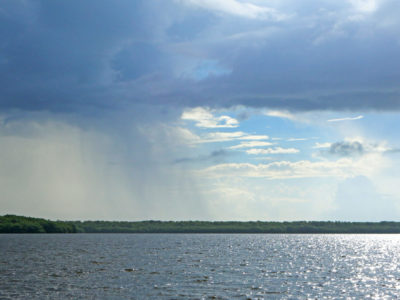
Using models to flesh out alternative futures for the Everglades under different rainfall scenarios, researchers provide much-needed detail for water and environment managers.

Using models to flesh out alternative futures for the Everglades under different rainfall scenarios, researchers provide much-needed detail for water and environment managers.
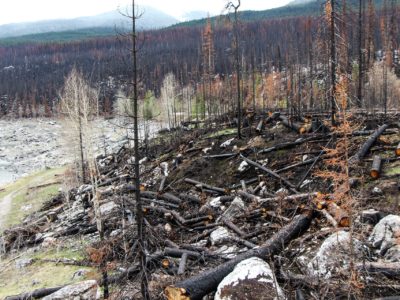
In 2014, massive wildfires swept through the Northwest Territories of Canada, burning over two million hectares of boreal forest, as well as the highly organic soils on which they stood. Researchers with the Bonanza Creek LTER used this unplanned experiment to learn whether the carbon released from burned land had been recently deposited or if… Read more »
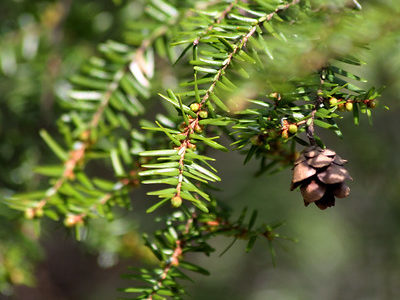
Credit: Jack Pearce via Flickr (CC BY-SA 2.0)Species that are abundant often go ignored by conservation planning until an acute threat to their populations emerge – and by then, sometimes it’s too late. According to a new article in the journal Ecosphere, common species are often critically important as structural, dominant, or foundation species in… Read more »
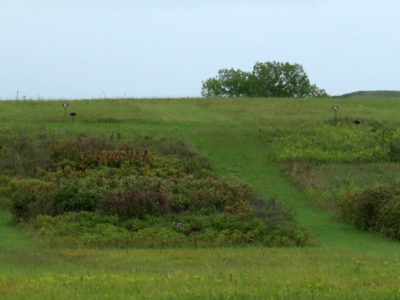
It stands to reason that variable environmental conditions would support greater plant diversity, but few experiments have offered concrete support for the “environmental heterogeneity hypothesis.” In re-establishing tallgrass prairie, the correlation took over 15 years to emerge.
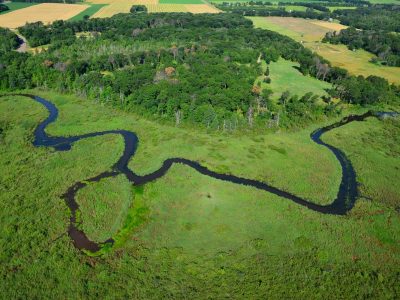
Plans We set out to answer the general question: How do metacommunity dynamics mediate community responses to disturbance across the ecosystems represented in the LTER network? Metacommunity theory provides a framework to predict when different types of community assembly processes should control the composition of the species pool both at local and regional scales. Thus,… Read more »

LTER presents two plenary talks, plus results from synthesis working groups.
Individual talks and posters are listed and cover topics as diverse as the ecology of segregation, connectivity in barrier island communities, and modeling complex landscapes using machine learning.
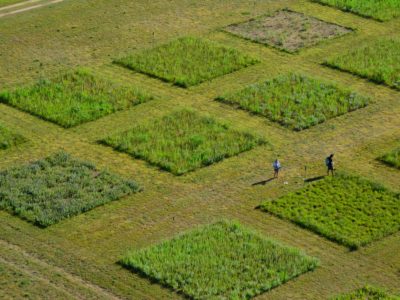
Farmers have known for centuries that fertilizer and irrigation help boost crop growth. But how does long-term application of fertilizer and water affect the composition of surrounding plant communities? In a study based at the Cedar Creek LTER, early signs suggest that added water and nutrients support the survival of new species and encourage more… Read more »
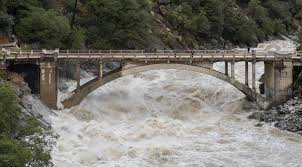
Fires and floods are becoming all too common for coastal Southern California residents — but are these ‘extreme’ events likely to become even more frequent? Answering this question requires a comprehensive understanding of precipitation patterns in the region and how they are likely to change in the coming decades. Most previous research on climate change… Read more »

Will you be attending the 2019 Ecological Society of America Meeting? Want your colleagues to know when and where you are presenting? Please fill out the form below and the LTER Network Communications Office will compile and share a list of all the LTER presentations at the meeting. 2018, 2016, 2015, 2014, and 2012 summaries are… Read more »
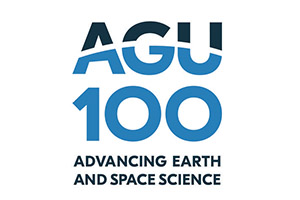
LTER Network presentations and posters at American Geophysical Union (AGU) Meeting 2018